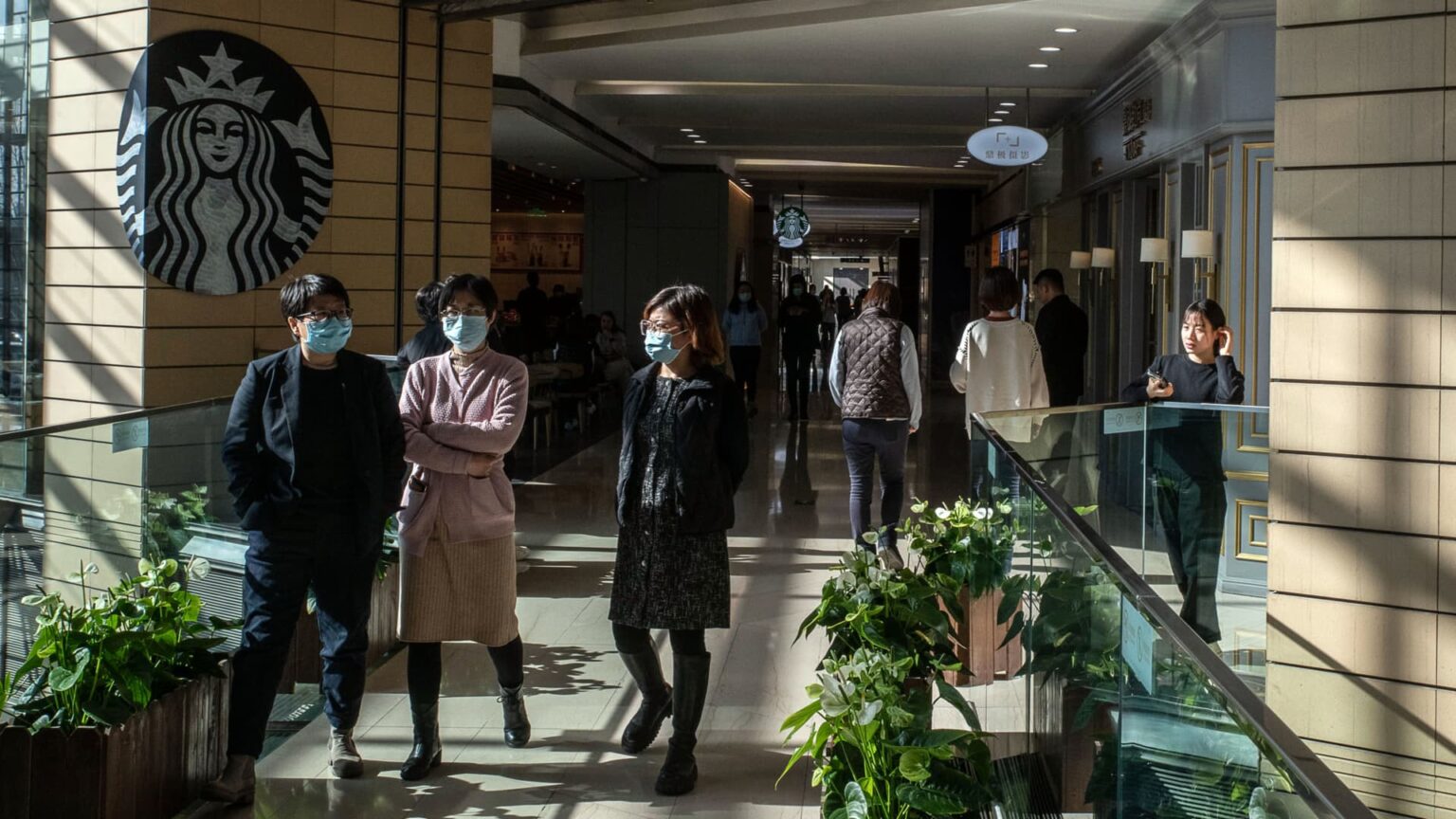Global Courant 2023-05-29 10:15:02
Starbucks opened its 6,000 stores in mainland China in September 2022.
Bloomberg | Bloomberg | Getty Images
BEIJING – Chinese consumer spending will not return to pre-Covid levels any time soon, a problem for international brands such as Starbucks, Morgan Stanley said in a report on Sunday.
Not only are people more careful, but they now have more choices.
On the spending side, three factors weigh on Chinese consumers this year, according to Morgan Stanley analysts.
First, China has not been handing out stimulus checks to consumers, as the US and other parts of the world did in the wake of Covid.
Second, pandemic restrictions and regulatory changes have eliminated 30 million service sector jobs that would have existed before Covid, the analysts estimate.
About 20 million of those jobs are likely to return later this year and next, the report said. But the analysts expect the recovery of the remaining 10 million to take longer as they were hit by Beijing’s crackdown on education, internet technology and property.
Third, the housing market has remained persistently weak as a result of government efforts to curb speculation.
Previously, as recently as the first half of 2021, real estate sales had led the recovery, Morgan Stanley analysts noted.
Covid-19 and measures to control it from 2020 to 2022 have brought China’s economy down. Since the abrupt end of those restrictions in December, growth has recovered only modestly.
After an expected 9% recovery in Chinese consumer spending this year, Morgan Stanley analysts are forecasting a 4.8% increase next year – 0.5 percentage point lower than before the pandemic.
For Starbucks, the analysts expect the industry measure of same-store sales in China to grow about 7% this year. That’s still “about a low teen” from 2019 levels, the report said.
Local market becomes more difficult
The growing local competition also makes it harder for international brands.
In fact, the US-based coffee giant is “least favored to aid China’s recovery” alongside Morgan Stanley analysts’ stock selection for US “restaurants”.
In April, China saw a 16% year-on-year increase in the number of coffee shops, mostly local brands, according to the Morgan Stanley report. “As a result, MNCs like SBUX have lost market share (although they are still growing stores at a robust pace).”
“The brand has more competition from relatively nascent but fast-growing concepts such as Luckin, Cotti and Tim Hortons.”
Stock Chart IconStock Chart Icon
Tim Horton’s parent to Starbucks
China-based Luckin Coffee now has more than 9,000 stores, while Tim Hortons has more than 600 locations after entering the country in 2019, the companies said. The new Cotti Coffee brand is so popular that the website warns against people trying to imitate the brand.
Starbucks opened its 6,000th store in mainland China in September 2022.








